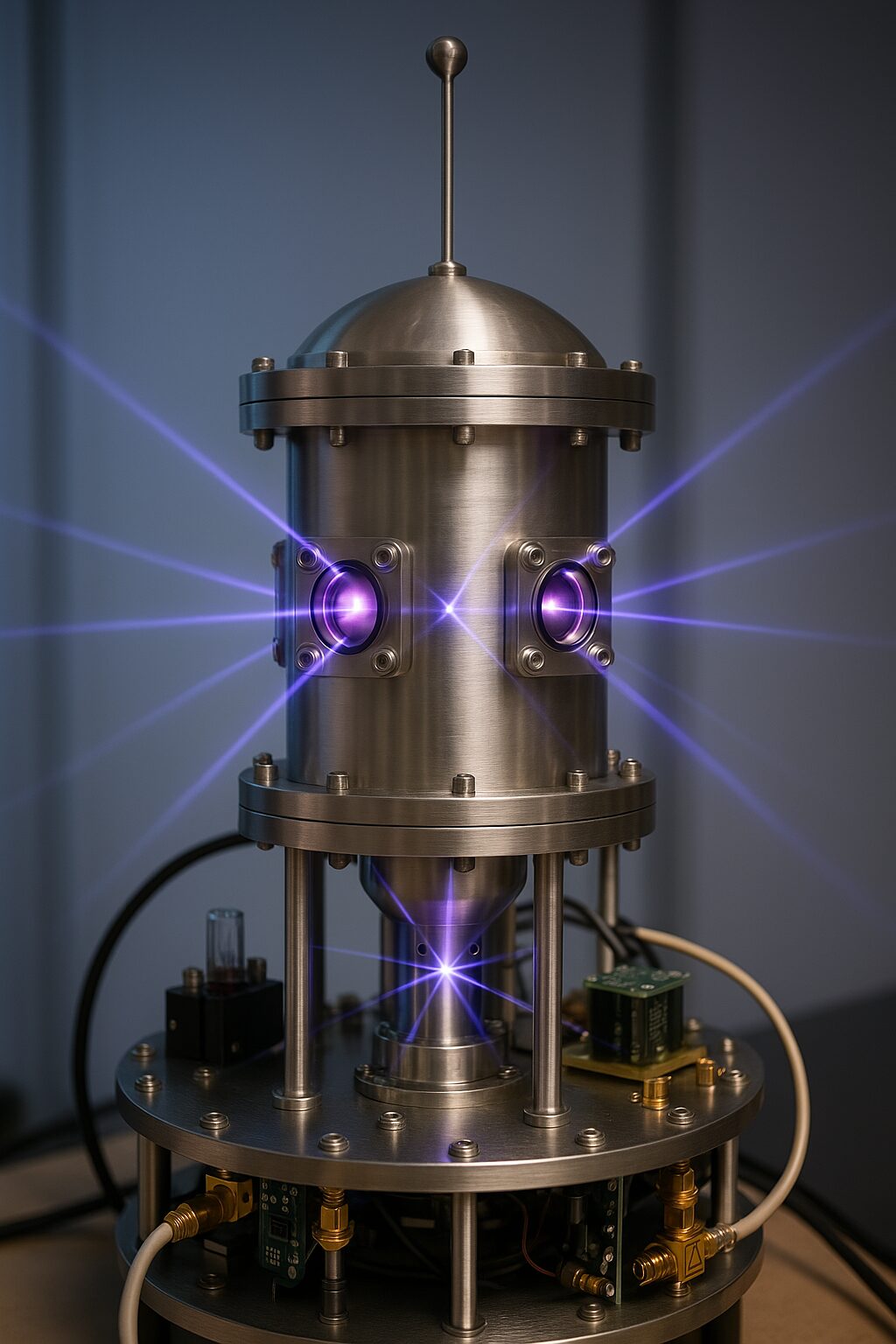A new Atomic Fountain Clock joins the Elite Group That Keeps the World on Time. An addition to the NTP time sources.
- NIST scientists have published results establishing a new atomic clock, NIST-F4, as one of the world’s most accurate timekeepers, priming the clock to be recognized as a primary frequency standard — the ultimate source of time.
- The NIST-F4 clock was carefully and painstakingly assembled and tested over the last few years.
- By joining a small group of elite clocks run by a handful of countries, NIST-F4 makes the foundation of global time more stable and secure.

Clocks on Earth are now ticking with greater precision, thanks to NIST-F4, a groundbreaking atomic clock at the National Institute of Standards and Technology (NIST) in Boulder, Colorado.
Recently, NIST researchers published a journal article confirming NIST-F4 as one of the world’s most accurate timekeepers. The clock has also been submitted for recognition as a primary frequency standard by the International Bureau of Weights and Measures (BIPM), the global authority on timekeeping.
At its core, NIST-F4 measures an unchanging frequency in cesium atoms—the internationally accepted basis for defining the second since 1967. Built on a fountain design, this clock represents the gold standard of accuracy. Its precision is so remarkable that if it had started running 100 million years ago, during the age of dinosaurs, it would be off by less than a second today.
By joining an elite group of timepieces operated by just 10 countries worldwide, NIST-F4 strengthens the foundation of global timekeeping. It also plays a crucial role in steering the clocks that define official U.S. time, which is distributed via radio and the internet. This official time is essential for telecommunications, transportation systems, financial trading platforms, data centers, and more.
The improved time signals from NIST-F4 are used billions of times daily, ensuring accuracy in everything from setting clocks and watches to timestamping hundreds of billions of dollars in electronic financial transactions. As Liz Donley, chief of NIST’s Time and Frequency Division, puts it: “These signals are fundamental to modern life.”
A Special Kind of Clock
Cesium fountain clocks, such as NIST-F4, are a type of atomic clock — a complex, high-precision device that extracts timing pulses from atoms. These clocks play a critical role in our globally connected society: They serve as “primary frequency standards” that work together to calibrate Coordinated Universal Time, or UTC (an agreed-upon system for keeping time using data from atomic clocks around the world, known as a time scale).
National measurement labs such as NIST produce and distribute versions of UTC using their time scales; NIST’s version, for example, is known as UTC(NIST). Those national time scales are then used to synchronize the clocks and networks we rely on in our daily lives.
